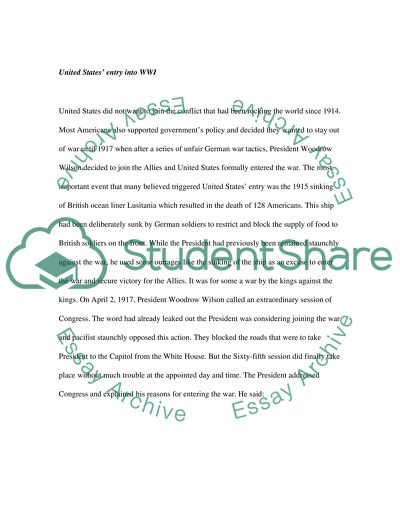Cite this document
(“History- World War I and World War II Essay Example | Topics and Well Written Essays - 1500 words”, n.d.)
Retrieved from https://studentshare.org/miscellaneous/1508892-history-world-war-i-and-world-war-ii
Retrieved from https://studentshare.org/miscellaneous/1508892-history-world-war-i-and-world-war-ii
(History- World War I and World War II Essay Example | Topics and Well Written Essays - 1500 Words)
https://studentshare.org/miscellaneous/1508892-history-world-war-i-and-world-war-ii.
https://studentshare.org/miscellaneous/1508892-history-world-war-i-and-world-war-ii.
“History- World War I and World War II Essay Example | Topics and Well Written Essays - 1500 Words”, n.d. https://studentshare.org/miscellaneous/1508892-history-world-war-i-and-world-war-ii.


